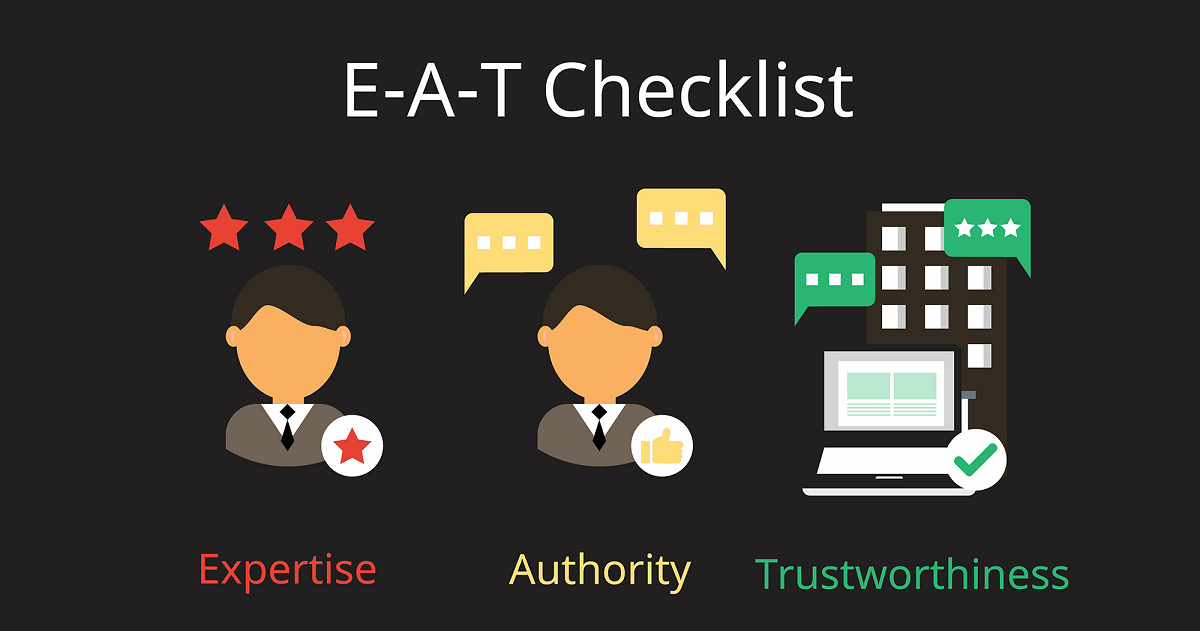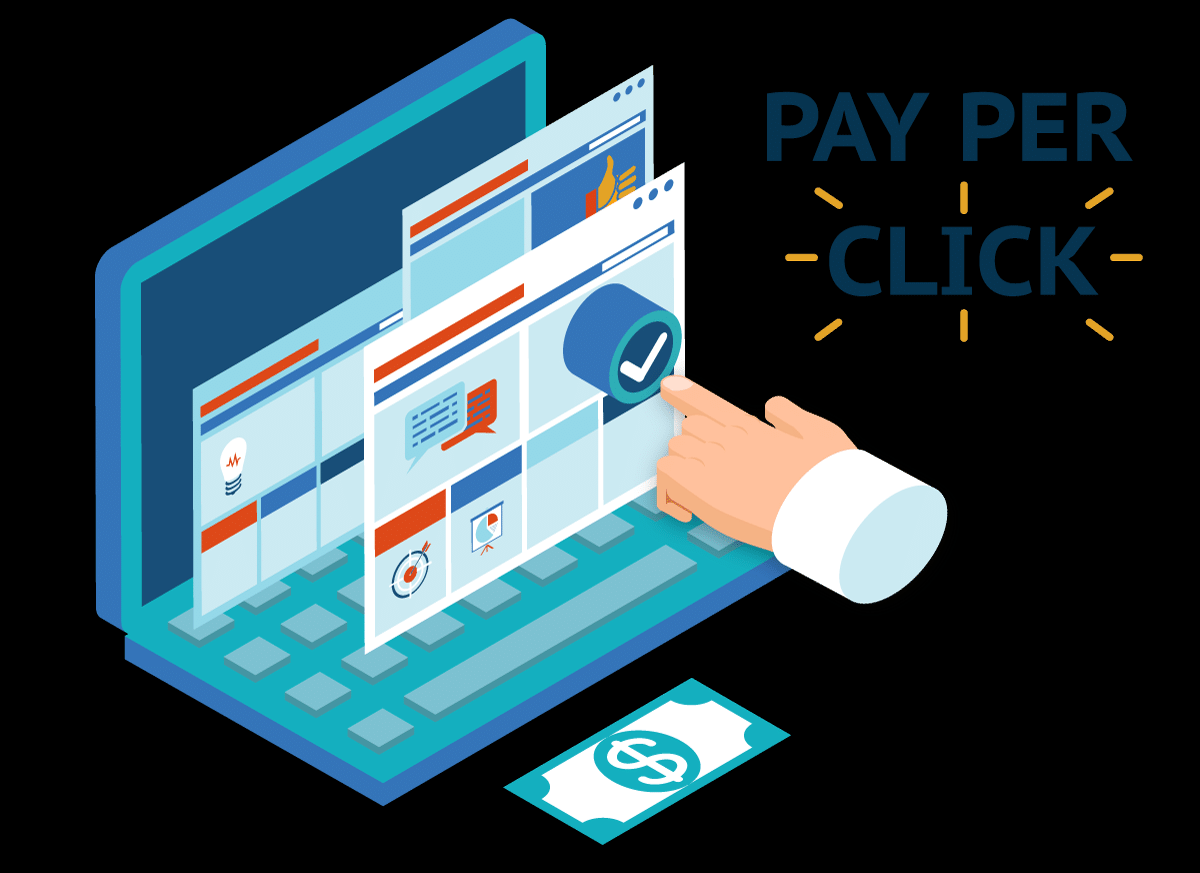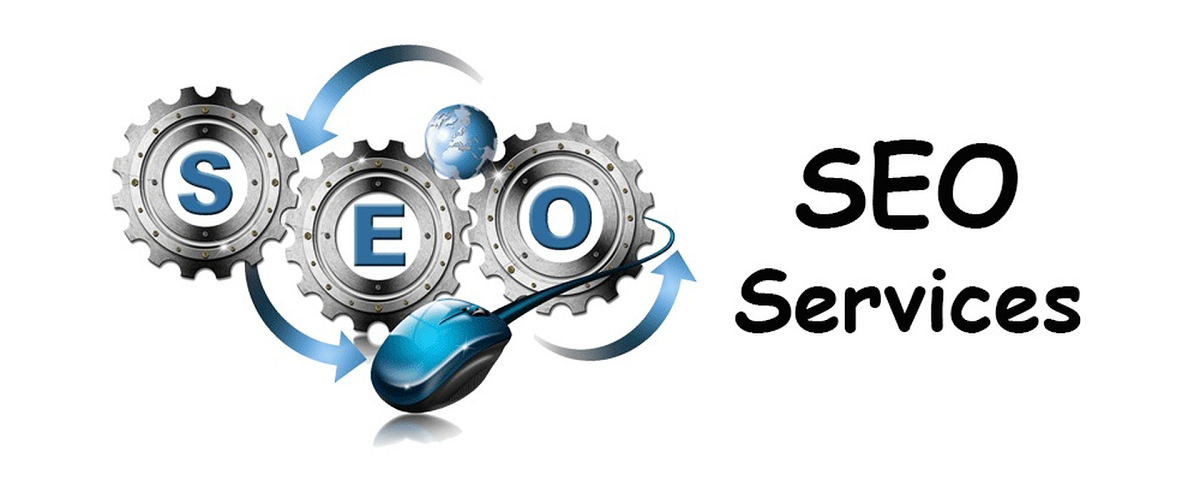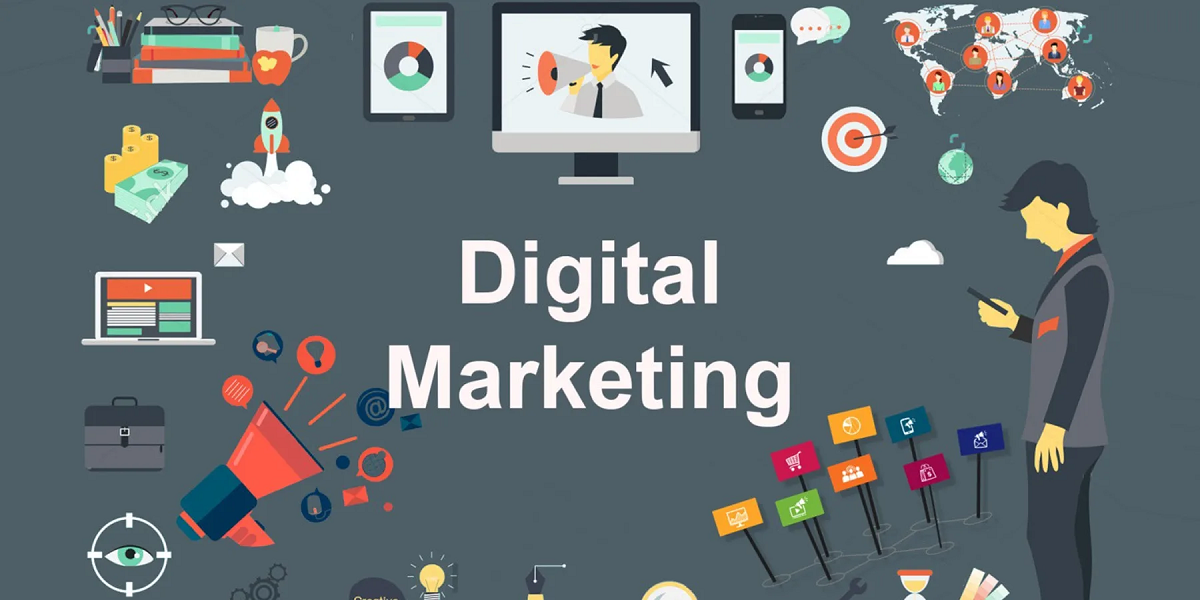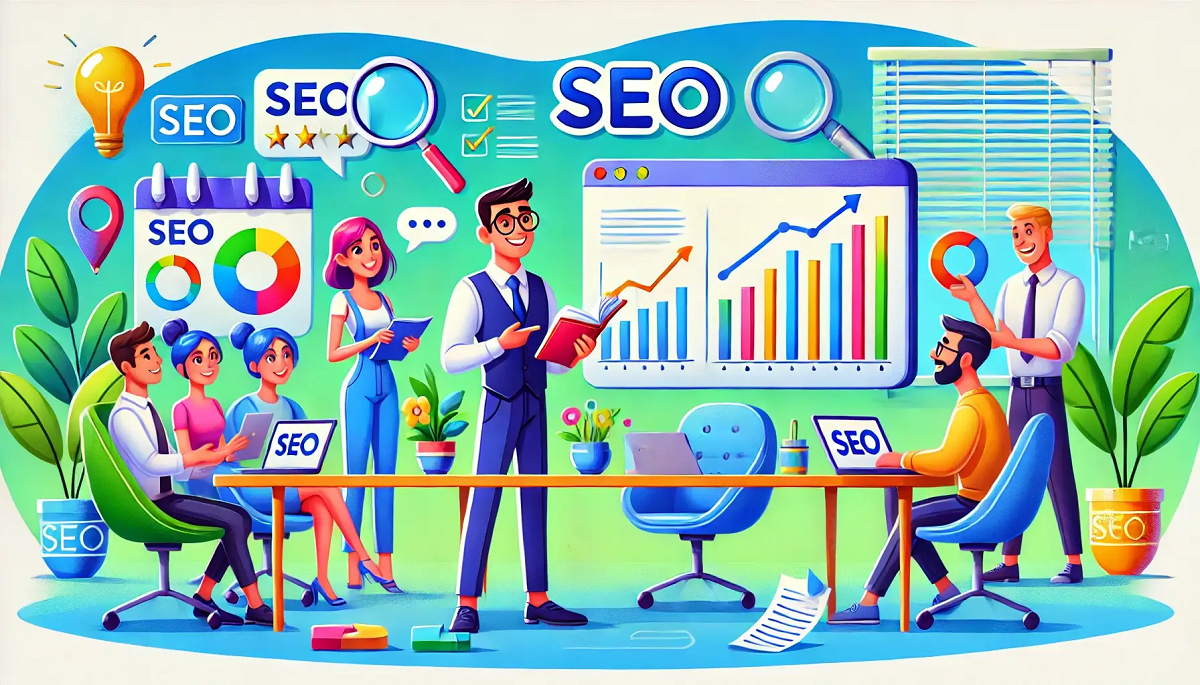BLOG
Why On-page SEO Is More Preferable Among Experts?
There are several reasons to choose on-page SEO for your website. The first one is that it focuses on improving the user experience. A website's user experience determines how easy or difficult it is to navigate. Secondly, on-page SEO involves improving the content. A blog or interesting content can make a huge difference.
On-page SEO is important for ranking well in search engines. Without proper optimization, a site may be pushed down the rankings by its competitors. Therefore, many companies hire SEO agencies. In fact, search marketing is an industry worth $79 billion. As such, you need to take the time to optimize your website's pages to get the best search engine rankings.
On-page SEO is best used on pages that are related to the target keyword. For example, if your website is about dogs, you need to include information about different breeds. This is important because a page that doesn't have relevant content will not be indexed by Google. Hire Atlanta Marketing Agency Experts to rank higher for your business.
On-page optimization is crucial since it gives search engines various signals to help them comprehend what your content is all about. Throughout the ranking and indexing processes, search engines strive to relate web pages with search terms and keywords, user types in the search box. It is solely because of on-page elements that you can tell them as to which target keywords you want your web pages to rank. Similarly, it is known as on-page activity because any SEO optimization changes made to a website results in an improved user experience.
Optimize Meta Titles And Descriptions
Meta title tags appear under your website's page title and are visible to both search engine spiders and users. They should clearly state the theme of your site and contain your primary keywords. Make sure you include your brand name. Using your brand name in your meta title tag will help you rank for branded search queries.
Meta descriptions and titles have a strong influence on the number of clicks on SERPs. Providing an interesting and compelling description will increase your site's click-through rates. When optimizing your website, pay attention to these various components of on-page SEO. Even though these elements are not directly ranking factors, they play an important role in search engine algorithms.
Your meta title and meta description should be short, clear, and attention-grabbing. They should also answer the question that a searcher asked. Failing to do so will cost you valuable traffic. Search engines will use whatever information they can find to rank your page. In addition, your meta description should not overuse keywords or be too long. It should also include real content.
Optimize On-page Content
If you want to maximize the effectiveness of your on-page content, there are some technical best practices you can follow to boost your rankings. While these practices may seem time-consuming and complicated, they are actually quite simple and deliver impressive returns. One of these is optimizing your title tag. The title tag is a short description of the content on your site that appears in SERPs as a clickable result title. It should be unique, descriptive, and optimized with your keyword. Ideally, it should be no longer than 60 characters long.

One of the best ways to improve your on-page content is to make it readable and understandable. This doesn't mean that you need to dumb down your content; it simply means that you should use words that make sense. Avoid jargon and big words.
Getting your content optimized for search engines is an ongoing process that requires time and patience. While some techniques can be done once, others require a lot of research, patience, and time. In either case, the goal is to improve user experience and semantic core. Make sure to analyze your entire website and optimize each page accordingly. Once you've mastered the fundamentals of SEO, you can apply those techniques to all of your website's pages at once.
Look At The SERPs For The Keywords You’re Targeti
There are many ways to optimize your content for search engines, and one of them is by using SEO strategies. By looking at the top results for the keywords you are targeting, you can find out what type of content is being shared elsewhere. If you're not sure what type of content is being shared, try using a Keyword Magic Tool to come up with related terms.
You should also look at SERP features to learn more about the best content formats. This will help you make decisions on what keyphrases to target. You should always keep in mind that not all keywords will generate a positive ROI. For example, you should not include keywords that do not generate any traffic. In fact, you should focus on those keywords that are most likely to produce a positive ROI.
The best way to get the best results is to optimize your website for the different features that Google uses to determine how to rank websites. By doing this, you can see which pages your competitors are ranking for. You can then use this information to improve your own site.
Optimize On-page Content
Content SEO is an integral part of on-page SEO process. It is use to optimize the relevant content as per your target keywords. Before posting a piece of content (whether it is visuals, text, audio, or video), the initial step is to complete your keyword research. This is important to look out for search terms that users are typing in the search engines and produce high-quality content that can satisfy their purpose. When you are done with choosing your target keywords, you should make a list of relevant keywords also known as long tail keywords, LSI keywords, and integrate them in your page titles, Meta descriptions, page content, and headings.

